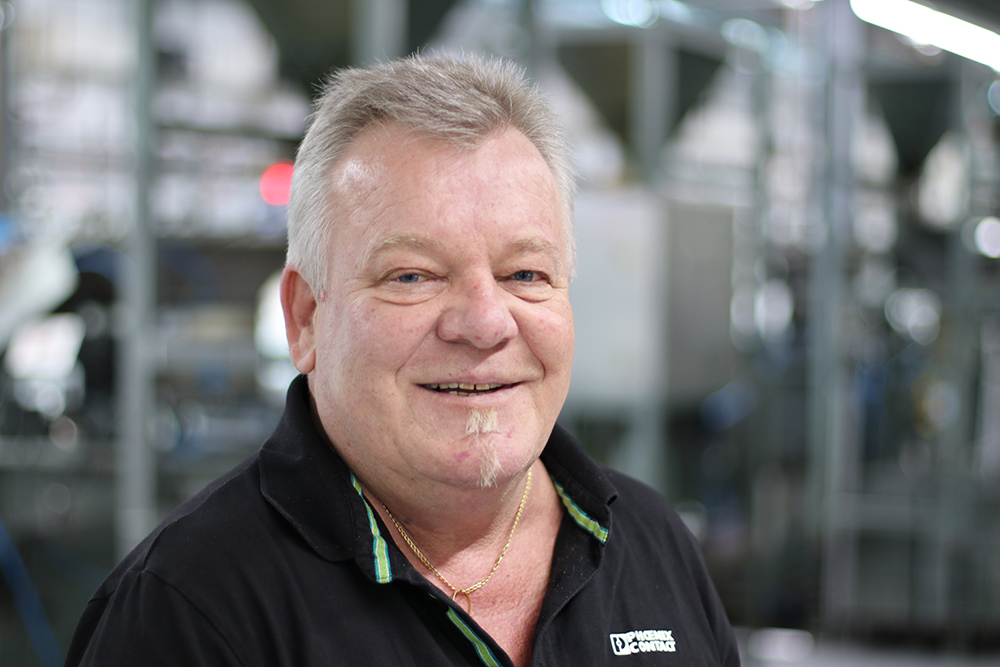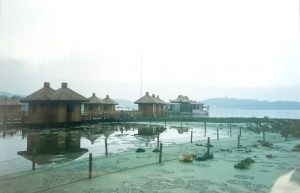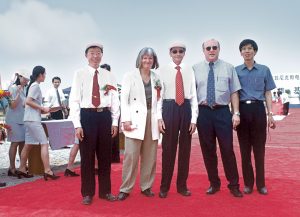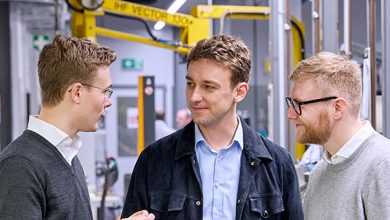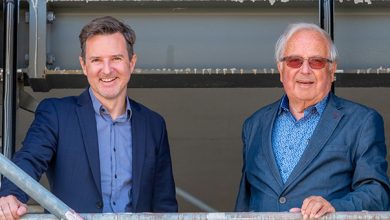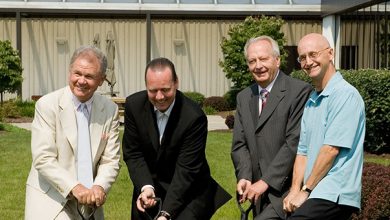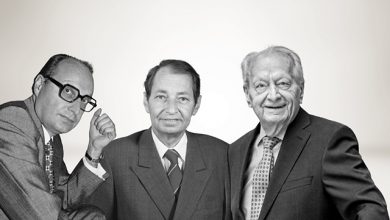China and India have emerged as global players over the recent decades. Phoenix Contact had been doing business in these countries since the mid-1990s. True to the motto “think global – act local,” we have been successful in setting up our own production facilities. Yet, this comes with its own pitfalls…
“I found chicken on the menu. Chicken legs. Yet, what I got were feet – only the feet. And in the soup, something was floating that looked like bicycle valves. Apparently, they were parts of the chicken intestines.” While Ewald Rose is describing these culinary highlights, his are not the only taste buds that are tightening up.
After Mao’s death in 1976, Deng Xiaoping gradually led the Middle Kingdom to economic prosperity by taking a cautious approach in the direction of western capitalism. Special economic zones were set up and state-owned enterprises were privatized, making foreign investment possible. Phoenix Contact, under the leadership of Gerd Eisert, also took its first steps towards the Far East.
Much more than just an extended workbench
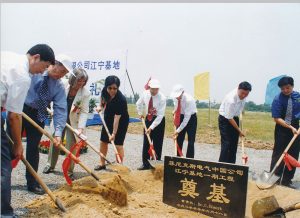
Gerd Eisert was the youngest of the three Eisert sons. While his two brothers were dedicated to technology, his talents are in business administration. It quickly became clear to him that further expansion of Phoenix Contact was only possible if the company also did business internationally. Under his leadership, foreign business was greatly expanded. In addition to the traditional markets in Europe and America, he also saw great opportunities in China and India. In the mid-1990s, Phoenix Contact took its initial steps in what was still considered to be foreign markets.
From the outset, it was clear that the new ventures in China and India were not simply to be extended workbenches. The idea was to develop partnerships that served their respective markets with a high degree of autonomy and their own production. So we started off with a small local team, a little logistical and a very tangible start-up help from the parent company in Blomberg.
From Lippe to Nanjing
Ewald Rose was the man of the hour. How did this down-to-earth machine setter from the German town of Schlangen in Lippe end up in the special economic zone in Nanjing? “Our foreman at the time came on shift and asked who felt like doing it. However, we only had one night to sleep on it. After consulting with my wife, I was spontaneous enough to agree.” So the first thing Ewald Rose did was go to the company’s physician at the time to get the required vaccinations.

This was followed by a prep course in technical English and a short introduction to the customs and traditions of faraway countries. The specialist from the screw manufacturing department soon met with his four other colleagues at Frankfurt Airport, from where the journey continued, first to Beijing and then to Nanjing.
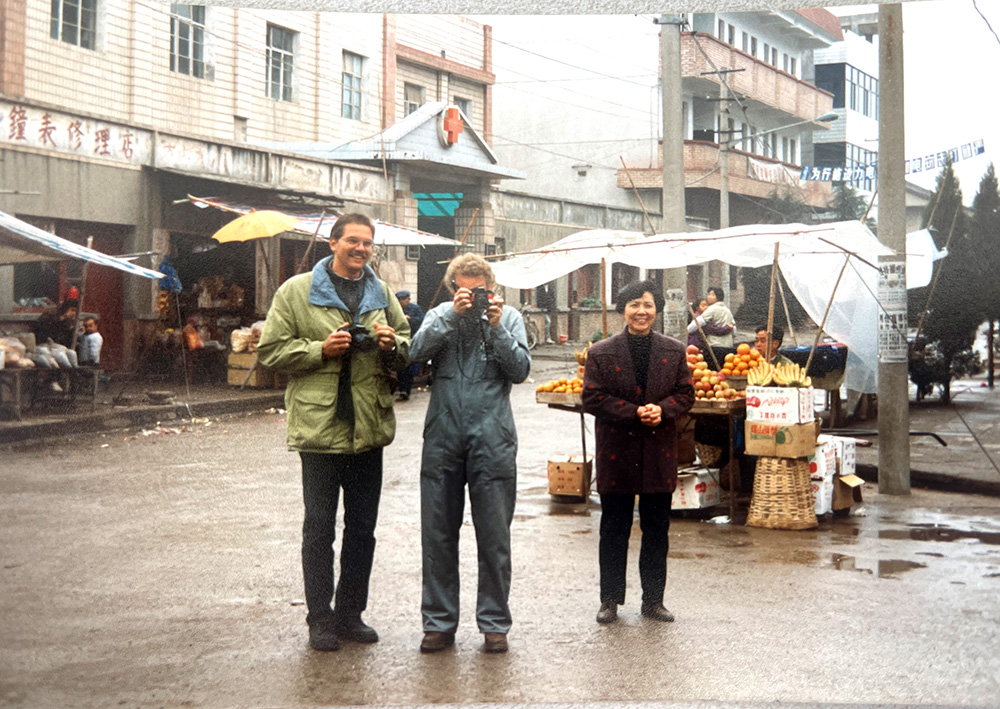
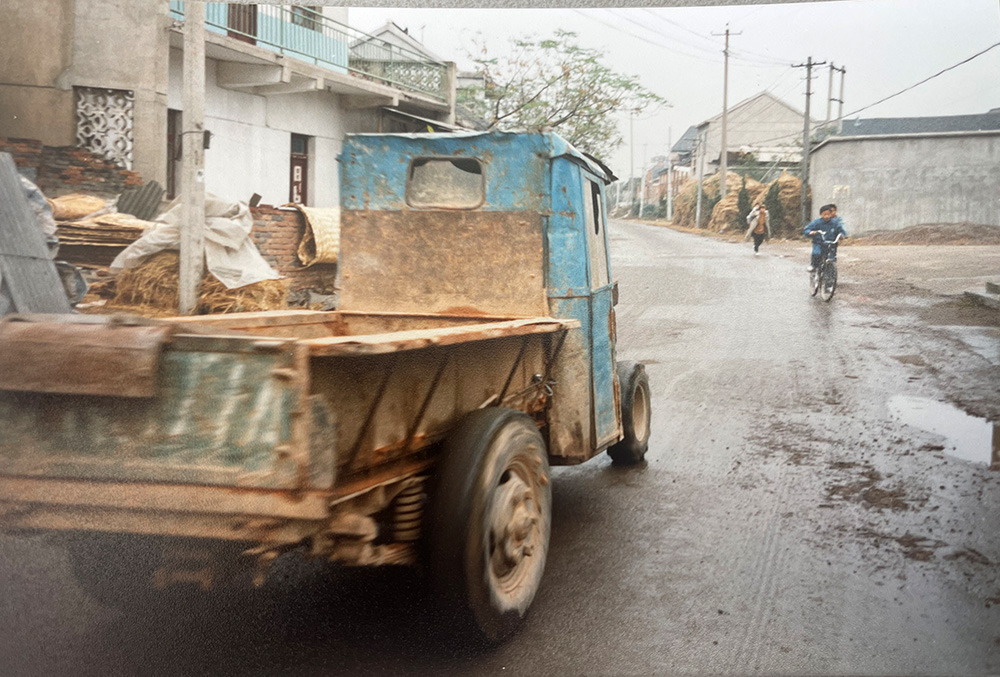

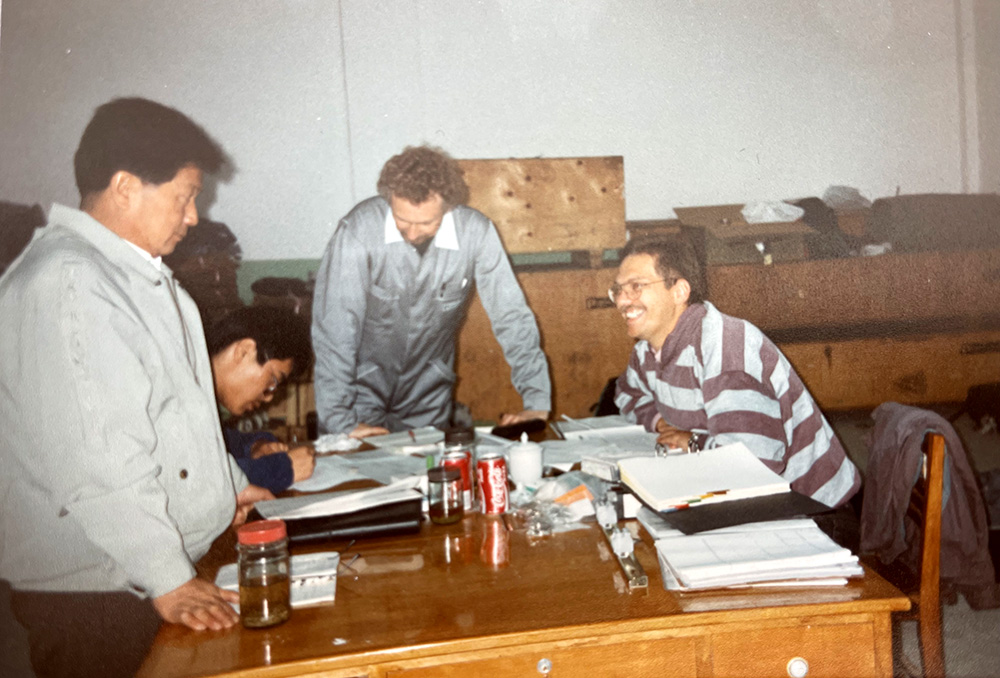
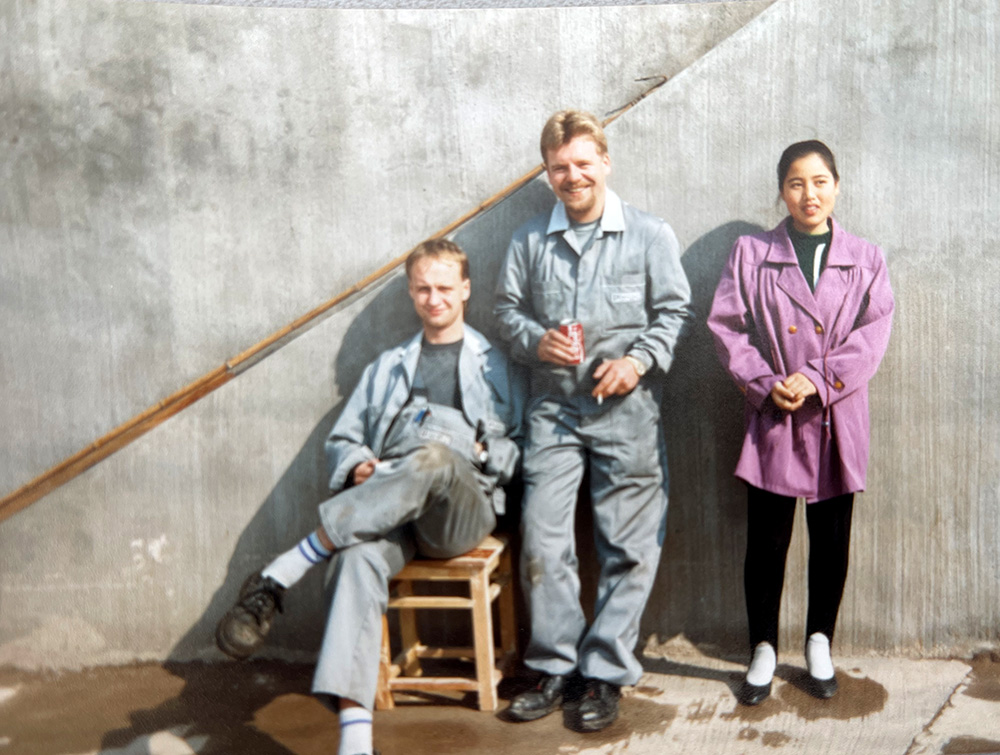

The local task: to set up an initially modest in-house production facility in Fanshan, a suburb of Nanjing, for plastic housings and metal parts. The machinery had been prepared in advance by Ewald Rose and colleagues. Sensitive parts were removed and put in personal luggage, while the rest were preserved with spray wax. Six automatic lathes each went into the containers first, and were then shipped to China and India.
International Broken English
The first major hurdle came sooner than expected: “We had all been given a pilot’s case. After we landed, we went to customs in Beijing. I was carrying sequence processors in my little suitcase. We didn’t want those shipped like the rest because they were very sensitive to rust. That’s why I removed them beforehand and carried them with me in my hand luggage. They stood out, of course, while being x-rayed. Lots of metal, screws, plenty of wires – could it be a bomb? Now try to translate “Schrittschaltwerk für ein Stangenlademagazin” into English. And do so in a way that even a Chinese person can understand. I still got through customs, though, somehow.”
Language was a real problem at first. “At first, we hired Chinese staff that couldn’t speak any English at all. I had an interpreter for that. I explained my concerns to him in English, he then tried to translate into Chinese. And we went back and forth this way again and again. But this ultimately failed. So they started looking for people who could speak English. That’s when it worked out …”
But the language barrier was not always encountered on the Chinese side, says Rose with a broad grin: “For example, one day we were unloading a heavy injection molding machine. I gave the command ‘ab, ab, ab’, German for ‘down, down, down’ to lower the part. And they kept pulling that thing higher, ‘up, up, up.’”
Improvisation with bicycle chain
China’s rise to a major economic power was only just beginning. Many things in the Middle Kingdom were still a little different than what was originally planned: “In Fanshan near Nanjing, we really did encounter wooden huts where we set up the first machines. For us to be able to get the equipment weighing tons into the buildings at all, the walls had to be quickly opened up again. And then, we maneuvered our machines into them with a lot of tugging and sometimes adventurous improvisation. If we had done it that way here in Germany, we would have been arrested immediately.”
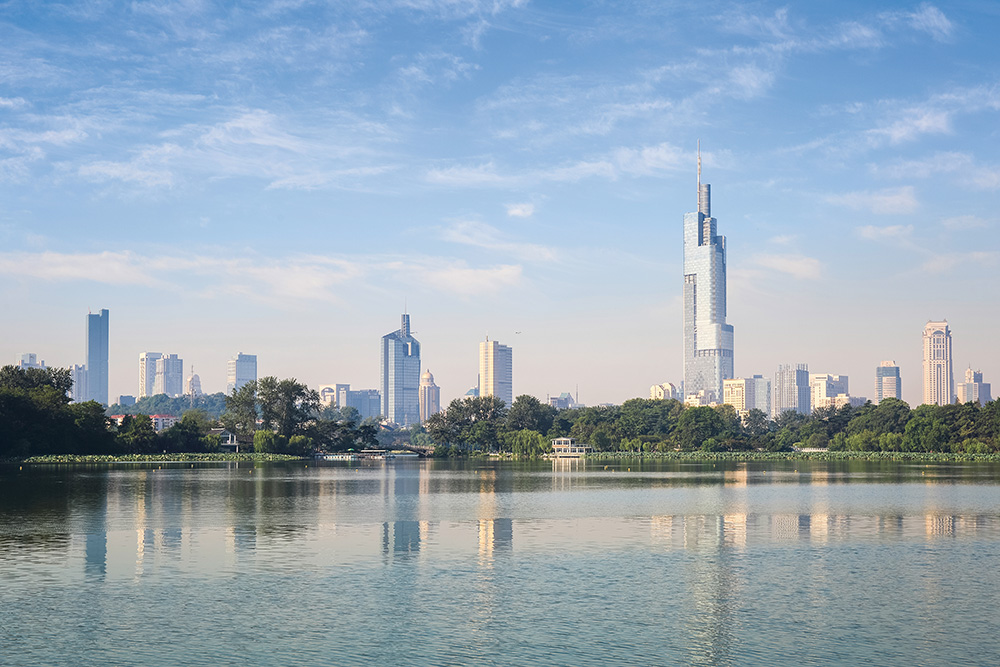
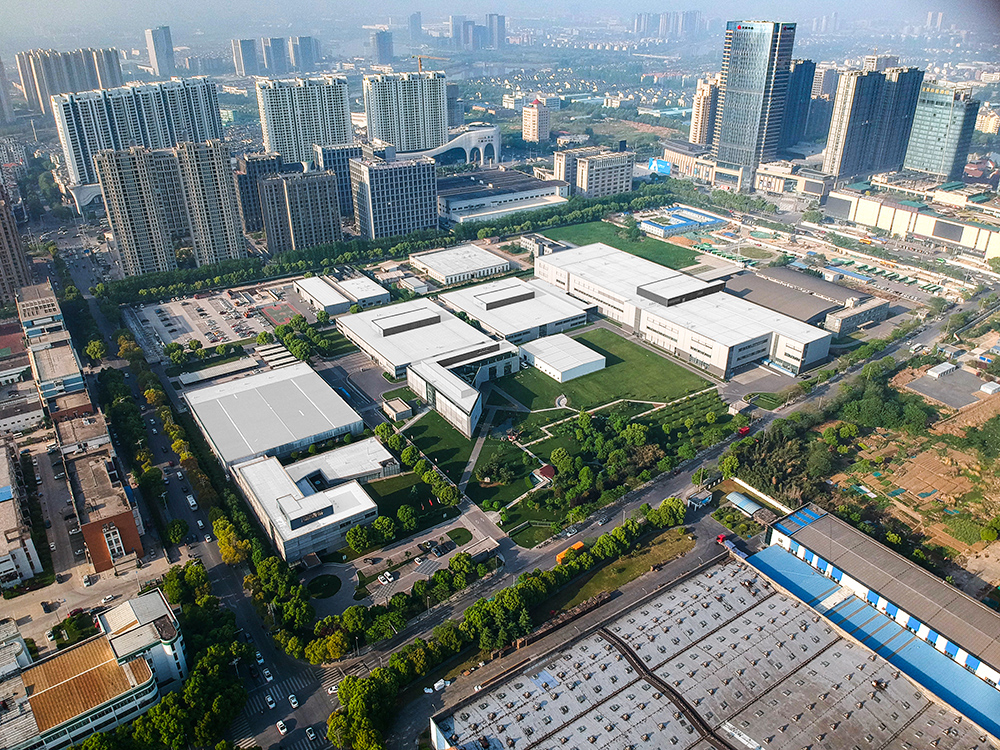
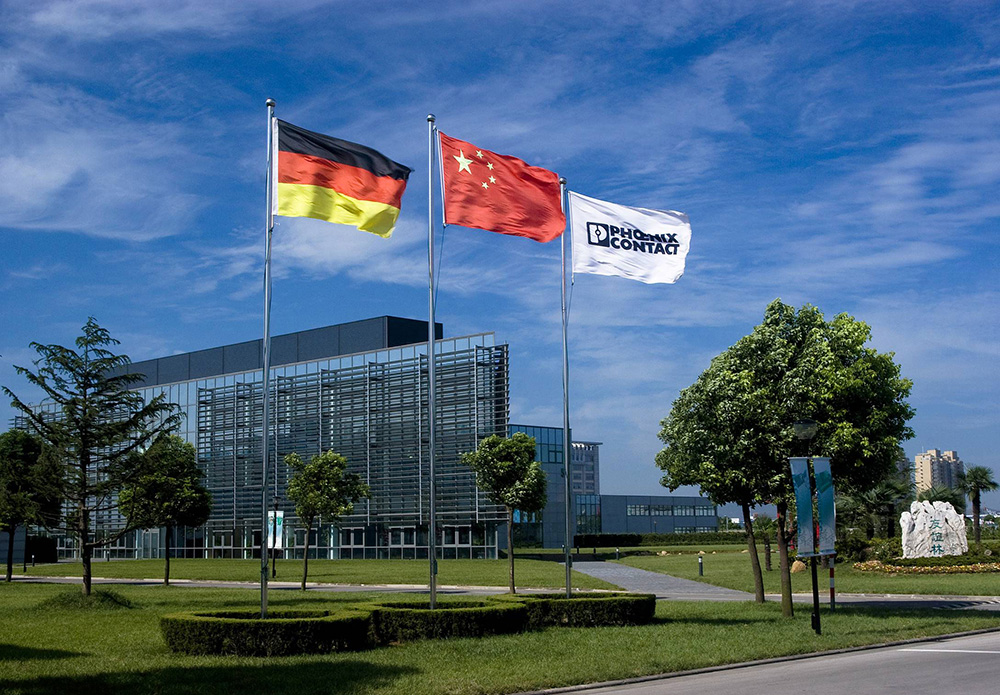
But it wasn’t just the “small stuff,” as Ewald Rose reports with a smile. “In Blomberg, we pulled back the headstocks with chains for the trip. The chains were broken during transport, though. We had no replacements for them. I ran around the small town. In our work suits, which at the time probably made us look like aliens to the local population. When I turned around, I see that almost the entire town was right behind us, always following us. I found a bicycle store and then bought up all the chains they had there. I was actually able to solve the problem with our headstocks using these bicycle chains.”
Flashlight and short circuit
The mechanical hurdles were not the only ones, though: “One day, while connecting the machines, a wrench fell out of the electrician’s hand and right onto the poles. There was a bang and a flash, and everything went dark. The whole town was dark. So I took a flashlight and went behind the machine, where I found the electrician sitting there shaking, but alive. I expected to find nothing but a pile of ashes.”
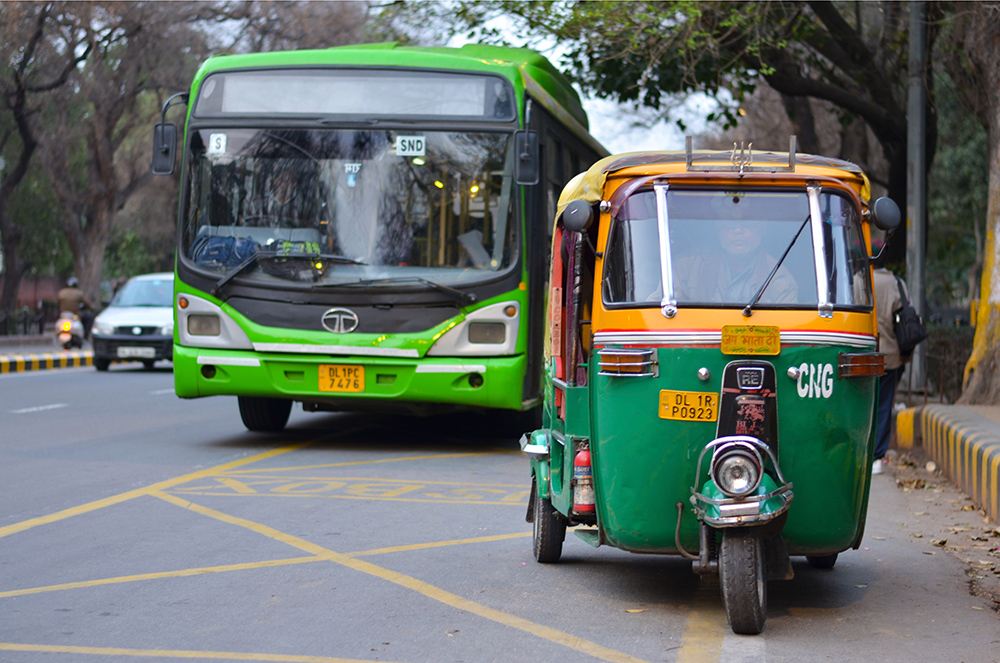
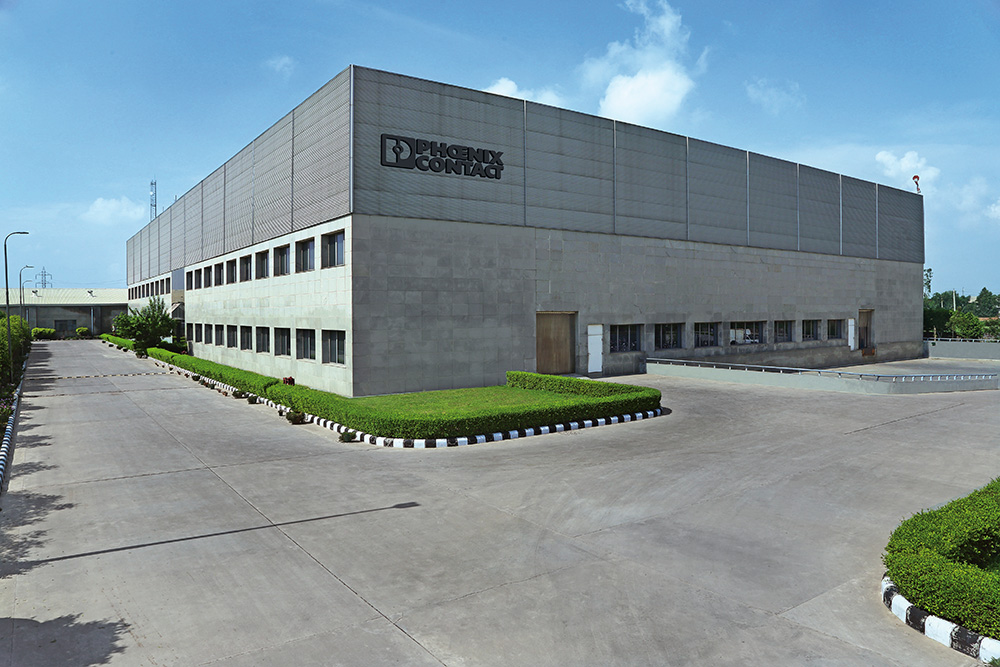
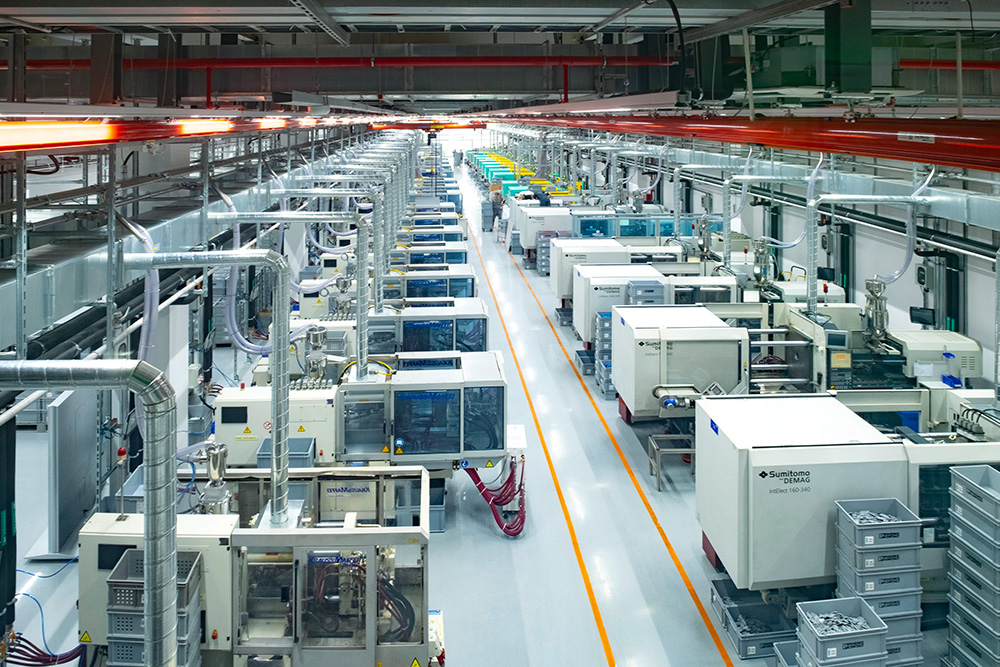
Ewald Rose went to China four times, each time for several weeks, and he also followed his machine to India four times. His responsibilities ranged from installation and commissioning to training the first staff members. Today, the plants in China and India have long since become high-tech locations and are among the pearls of Phoenix Contact’s production sites. Chicken feet or poultry intestines are no longer on the menu in the cafeterias.
